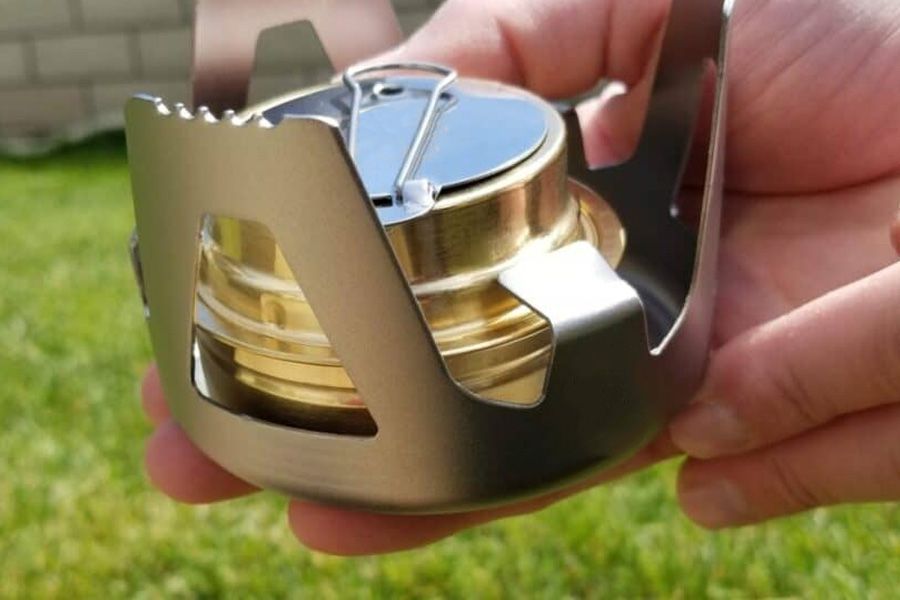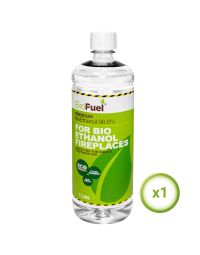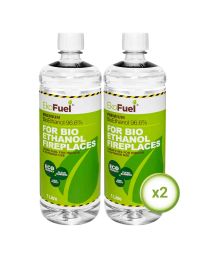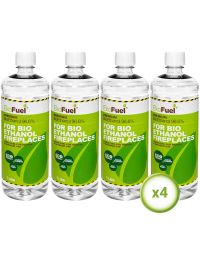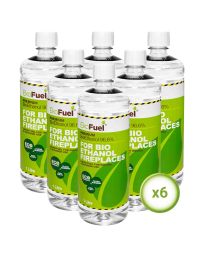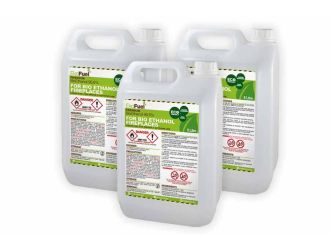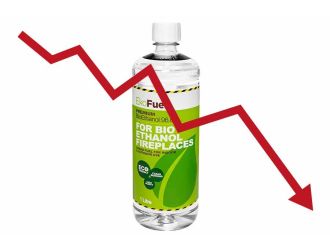BioEthanol Liquid, in our opinion, is the best fuel for use in alcohol camping stoves (and no, we are not just saying that because we sell it). There are alternative fuels that can work in camping stoves, although none are as powerful or clean as bioethanol.
Bioethanol is made from the bi-products of growing crops and burns with a clean flame. This makes it very environmentally friendly and ideal for use in camping burners.
Liquid bioethanol is a denatured alcohol that is 96-97% pure ethanol, this high purity makes the fuel easy to light and produces little to no small, soot or pollutants when burnt.
If you are looking for a specific Bioethanol labelled for use in Alcohol camping stoves but can’t find it, don't worry, our EkoFuel Bioethanol for fireplaces is identical to the fuel used in alcohol camping stoves.
EkoFuel can also be purchased in small quantities and is packaged in 1L bottles that are ideal for putting into your camping gear or backpack.
Buy 4L NowMethylated spirits, like bioethanol, is another type of denatured alcohol. In this case the ethanol is denatured with methanol. Methylated spirits are widely available and can be found in most stores. Unfortunately, methanol is poisonous when ingested and not good for the environment if spilt.
Isopropyl alcohol, also known as rubbing alcohol is found in drug stores and comprised of 70% alcohol. Rubbing alcohol produces a lot of heat but doesn't burn cleanly. Instead it burns with a bright yellow flame and can soot. It's also mixed with water which means it can be inefficient for use in cooking as some of the energy produced by the flame is used to boil off the water.
Alcohol Gel is quite common in outdoor and camping shops. It is thicker than the liquid fuel which makes it more difficult to spill but does not give off as much heat as liquid fuel. The majority of gel alcohol stoves don't get hot enough to properly cook food or boil water within a reasonable time, due to their small openings and weaker output.
